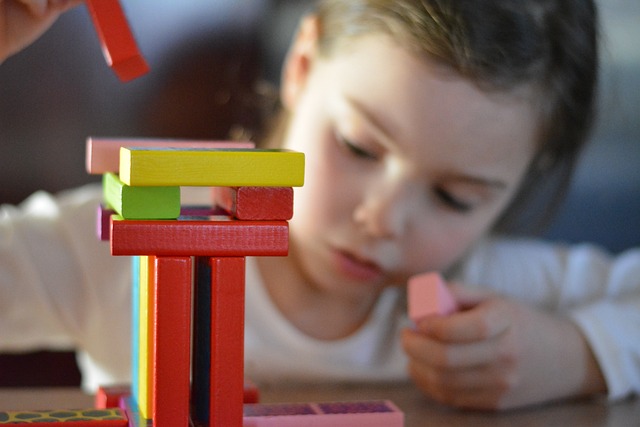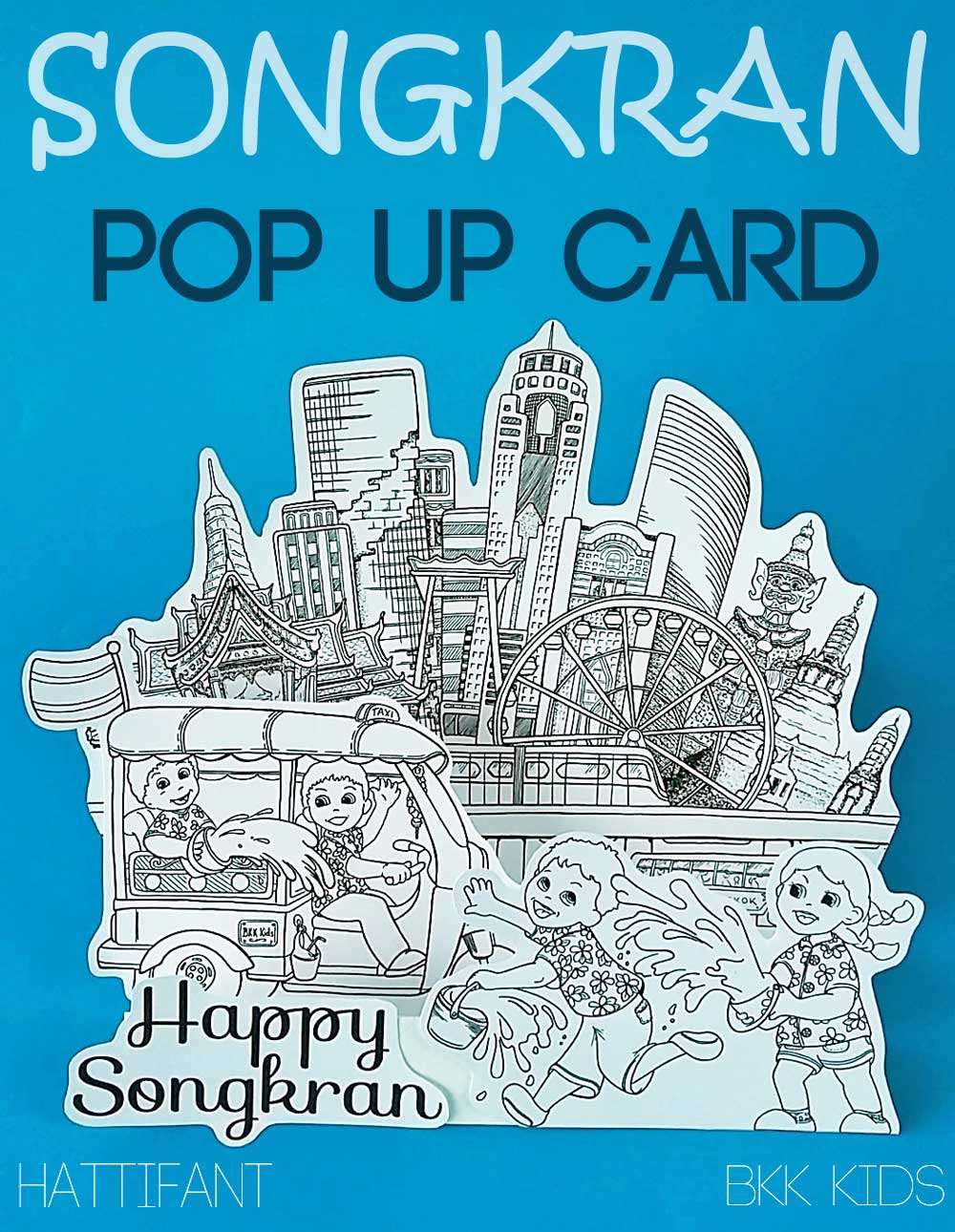Gifted children often stand out from an early age and whether you are a parent, an educator, you will notice your child or a student something different about them and it’s not necessarily those that start to stand out with good grades, there are many other factors or characteristics that many gifted children will show. You may notice your child has a developed sense of humor for their age, that they are always asking thoughtful and intense questions, or their refusal to sit still in the classroom and repeat math facts when they would much rather be discussing the development of the solar system! Recognising gifted traits in children can provide information for parents, educators, and students themselves to decide whether they want to pursue intelligence testing, acceleration, or simply have a better understanding of who these children are.
There are some common characteristics that many gifted children will show, the below traits and characteristics are grouped by type and are typical amongst children in their infancy through their early years.

Cognitive
- Excellent memory
- Fast learner
- Very good problem solver
- Large vocabulary for age
- Highly curious
- Unusually good reading and writing skills for age
- Logical and critical thinker
- Highly focused (with regards to interests)
- Unusual organisational skills for age (evident leadership qualities)
Creative
- Highly imaginative
- Experimental in all aspects of life
- Good sense of humour for age
- Intuitive
Affective
- Highly sensitive
- Intense feelings
- Needy of emotional support
- Empathetic to others feelings
- High level of moral understanding for age
Behavioural
- Highly enthusiastic
- Lengthy attention spans for age
- Highly energetic
- Insatiable curiosity
- Easily frustrated by not achieving self-set expectations
- Extremely verbal and talkative
- Volatile temper
Should I have My Child Tested for Giftedness?
It is generally agreed that testing before the age of 6 will not give a true and fair result. Testing at a very early age before reading and writing skills have developed properly will of course limit the breadth of the test.
What Test Should My Child Take?
There are in fact many different tests that a child can take to determine whether or not they are gifted. Some are verbal and some non-verbal (written exam). You will need to find out what is available in your area, including tests set by private gifted and talented organisations.
There are generally two types of tests: achievement and ability. Whilst achievement tests are more academic, ability tests will quantify IQ and can also be more trait specific for example ‘creativity’. Some common tests you may want to research are listed below:
- CogAT
- Otis-Lennon
- Hemmon-Nelson
- Ravens Progressive Matrices
- Matrix Analogies Test
Within Bangkok there are a few organisations available to parents with gifted children, such as The Gifted and Talented Foundation (TGT). Schools and Centres that offer support as part of the curriculum are:
- Harrow
- Shrewsbury (Gateways International Workshops)
- Patana
- British Early Years Centre (Early Years Specialists)
What Should I do if My Child is Gifted?
The options available for your child will vary. Most schools will have a Gifted and Talented programme running internally. These may take the form of a ‘pull-out’ intervention where your child would leave the class during the day to work individually or as part of a group on extra curricular work. It may be that your child’s school being all-inclusive chooses not to do this within normal school time. The class teacher will be differentiating the work given to your child anyway and you will be able to help your child at home through challenging them in the same ways that they at school.
Communication with the school is therefore very important. As you learn your child’s particular strengths and weaknesses it will become obvious where help and support is needed. Many gifted children will be self-learners especially as they learn to read. So make sure that they have the resources available to them; internet and books will be invaluable.
For more information on British Early Years Centre (BYEC), please click here.
Editor’s note: This article was originally published in the British Early Years Centre online parenting magazine and it is re-printed here with permission.














